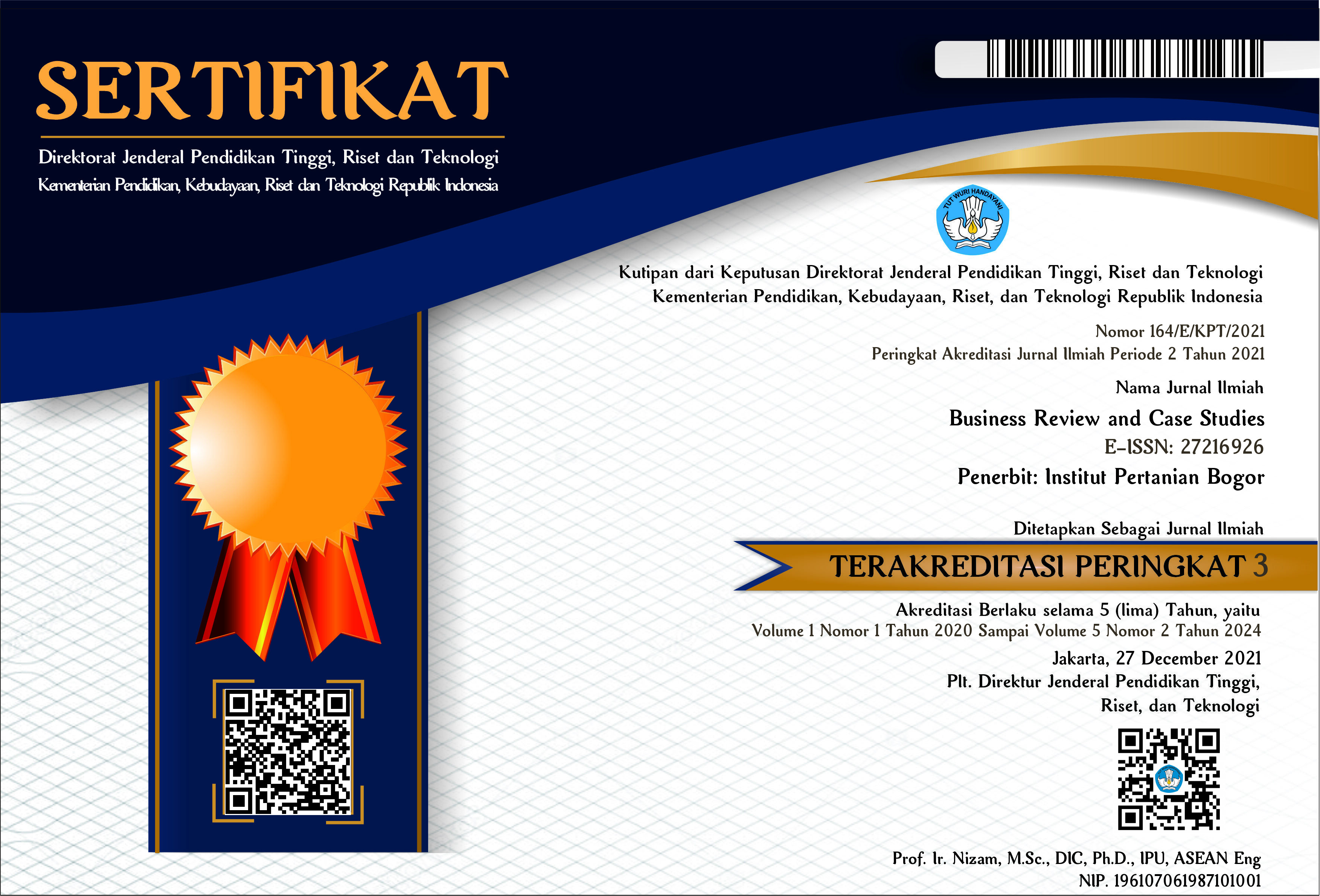Differences in Perception of Sustainability and Purchase Intention of The Fashion Industry
Abstract
Background: The fashion industry plays a crucial role in global GDP but faces significant environmental challenges, including CO2 emissions, microplastic pollution, and textile waste. Sustainability has emerged as a critical trend in addressing these issues.
Purpose: This study investigates the differences in perceptions of sustainability and purchase intention in the fashion industry across genders and generations using a quantitative approach.
Design/methodology/approach: Primary data were collected from 153 respondents from Generation Z and Millenials via a questionnaire, and hypotheses were tested through T-tests. The survey is distributed digitally via Google Form using the Likert scale method.
Findings/Results: The results revealed significant gender differences in reactions to sustainability, with females exhibiting higher awareness and involvement. However, no significant differences were observed in purchase intention across genders or between Generation Z and Millennials. The findings suggest that while gender influences sustainability awareness, purchasing decisions are shaped by broader factors like education and societal norms.
Conclusion: The study highlights that while gender significantly influences sustainability awareness in the fashion industry, purchase intentions remain consistent across genders and generations, shaped by broader social and educational factors.
Originality/value (state of the art): By examining gender and generational differences in sustainability perceptions within the Indonesian fashion industry, this research provides unique insights into localized consumer behavior, challenging global assumptions and offering practical implications for inclusive marketing strategies.
Keywords: sustainability, fashion industry, generational differences, gender differences, t-test







.jpg)






